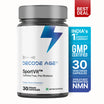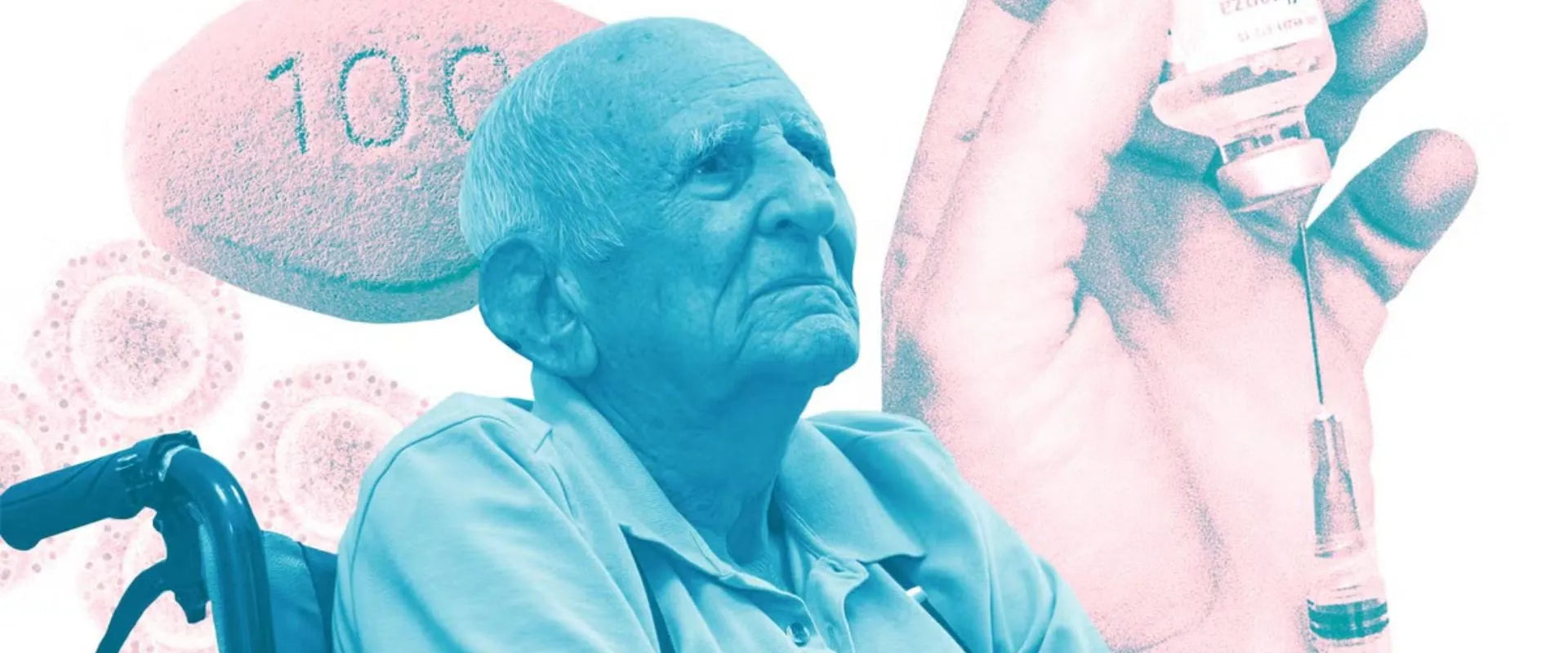Life beyond 40 can be an incredibly fulfilling period, marked by increased self-assurance and the acquisition of patience and wisdom. Of course, physical changes like greying hair and wrinkles are also a part of life now.
Sadly, when it is time to reap the benefits of your hard work, you succumb to the ill effects of ageing. It brings various health issues, including hearing loss, cataracts, and back and neck pain. Additionally, chronic diseases such as diabetes, cancer, heart disease, and Alzheimer’s tend to become more prevalent in old age. Thanks to advances in healthcare, many individuals can now slow their ageing process and live well into their sixties and beyond.
While the list of age-related diseases is extensive, this article will briefly discuss some of the most common ones.
Diabetes
Diabetes is a chronic health condition characterised by elevated blood sugar levels, which can be categorised into two main types: type 1 and type 2. Type 1 diabetes constitutes approximately 10% of all diabetes cases and is an autoimmune disorder where the body's immune system attacks insulin-producing cells.
On the other hand, type 2 diabetes is more prevalent among older individuals and typically develops before the age of 65, with no cure available. It is crucial to managing the disease effectively since it is a precursor to numerous chronic ailments, including heart disease and stroke, which can have life-threatening consequences.
Moreover, diabetes in older adults is often linked to a decline in cognitive function or an accelerated onset of mental impairment. Hence, it is vital to monitor and manage diabetes in older adults effectively to ensure a healthy and high-quality life.
Neurological Diseases
Neurological disorders, including Alzheimer's disease, are prevalent among older individuals. However, early-onset Alzheimer's can strike before the age of 60, often due to mutations in genes like PSEN1 and PSEN2 that code for 'presenilins' proteins.
On the other hand, the apo E gene mutation, linked to heart disease, is associated with late-onset Alzheimer's. Cognitive function tends to decline in older individuals, particularly in those who consume alcohol or smoke.
Moreover, as people age, the likelihood of experiencing a stroke and cell damage increases significantly. The impact of a stroke can be life-changing for both the individual affected and their caregivers.
Cancer
Cancer incidence increases with age, making it a predominantly age-related disease, with over half of all diagnoses occurring in people over the age of 65. The body's innate DNA repair system identifies tissue damage and fixes abnormalities; however, with advancing age, this system's efficacy diminishes, increasing the risk of cancer development.
The elderly population is also more susceptible to cancer due to the buildup of senescent cells, which promotes inflammation and oxidative stress in the body. Early detection through screening is essential for improving cancer survival rates.
Treatment for cancer in the elderly aims to cure the disease if detected early. In cases where a cure is not possible, symptom management becomes the primary focus.
Heart Disease
Heart disease ranks among the leading causes of death in India and several other countries. As people age, their blood vessels undergo a process called vascular remodelling, which alters their structure and arrangement via cell growth, death, and migration.
Furthermore, ageing causes vascular stiffness, making blood vessel walls harder and stiffer. This condition increases pulse pressure, requiring the heart to work harder to pump blood into the arteries. Both vascular remodelling and stiffness contribute to an elevated risk of cardiac failure, leading to death.
The most common type of heart disease is coronary artery disease, characterized by the narrowing or blockage of the primary arteries supplying blood to the heart. These obstructions can develop gradually over time or occur suddenly, as in the case of an abrupt rupture, leading to potentially fatal heart attacks.
Hypertension
Hypertension, commonly referred to as high blood pressure, tends to worsen with age and can have severe consequences if left untreated, including heart disease and stroke. It is often referred to as the "silent killer" because it typically does not present any noticeable symptoms.
Approximately half of the population over the age of 65 is affected by hypertension, with women being slightly more susceptible than men. It is critical to receive active treatment from a physician to prevent the development of other illnesses that hypertension is known to cause, such as heart disease and stroke.
Chronic Illness Management
Although ageing is not a disease, it is a contributing factor to the onset of several illnesses. Chronic diseases require ongoing care and attention, which is particularly important for older adults dealing with multiple chronic conditions simultaneously.
In order to promote healthy ageing, it is crucial to adopt a healthy diet and lifestyle, in addition to seeking care from geriatric medicine experts and maintaining regular contact with trusted healthcare professionals. This holistic approach can help seniors maintain optimal health and well-being as they age.
With the intake of Longevity supplements such as NMN, Quercetin, Fisetin, and many others, one can surely keep the chances of developing age-associated diseases at bay.






















